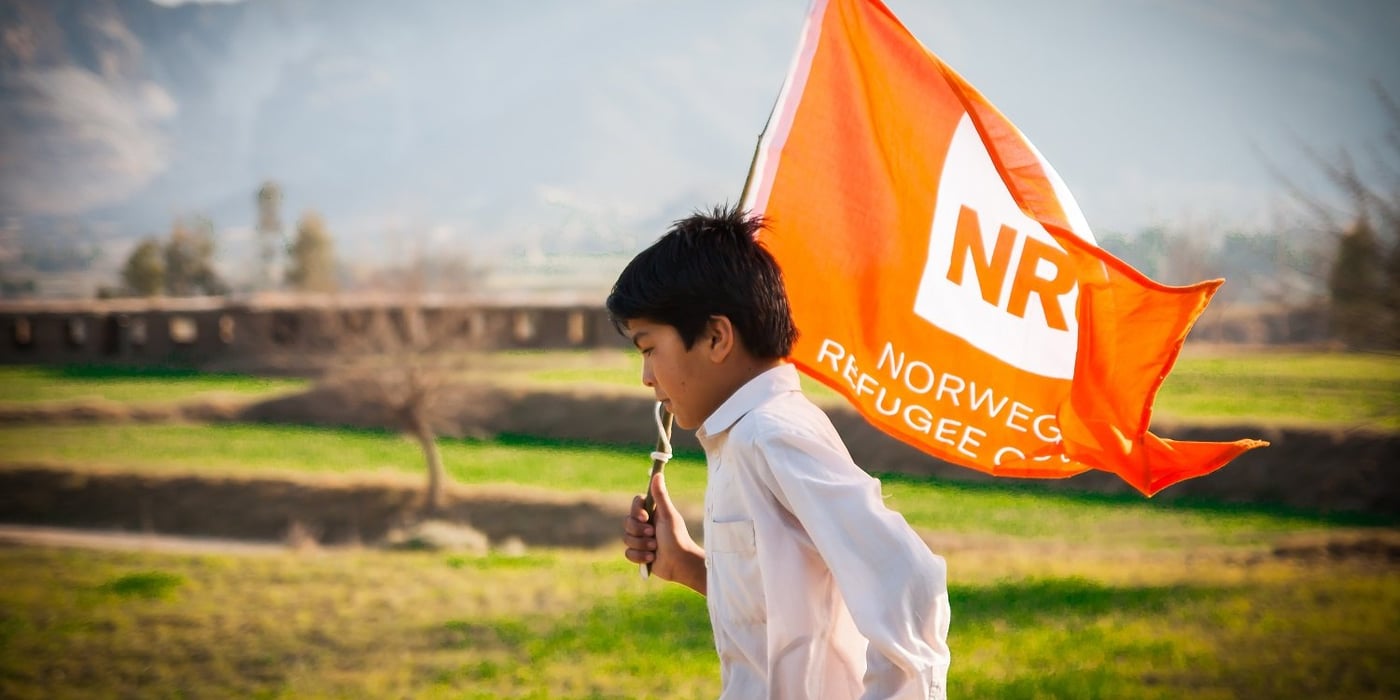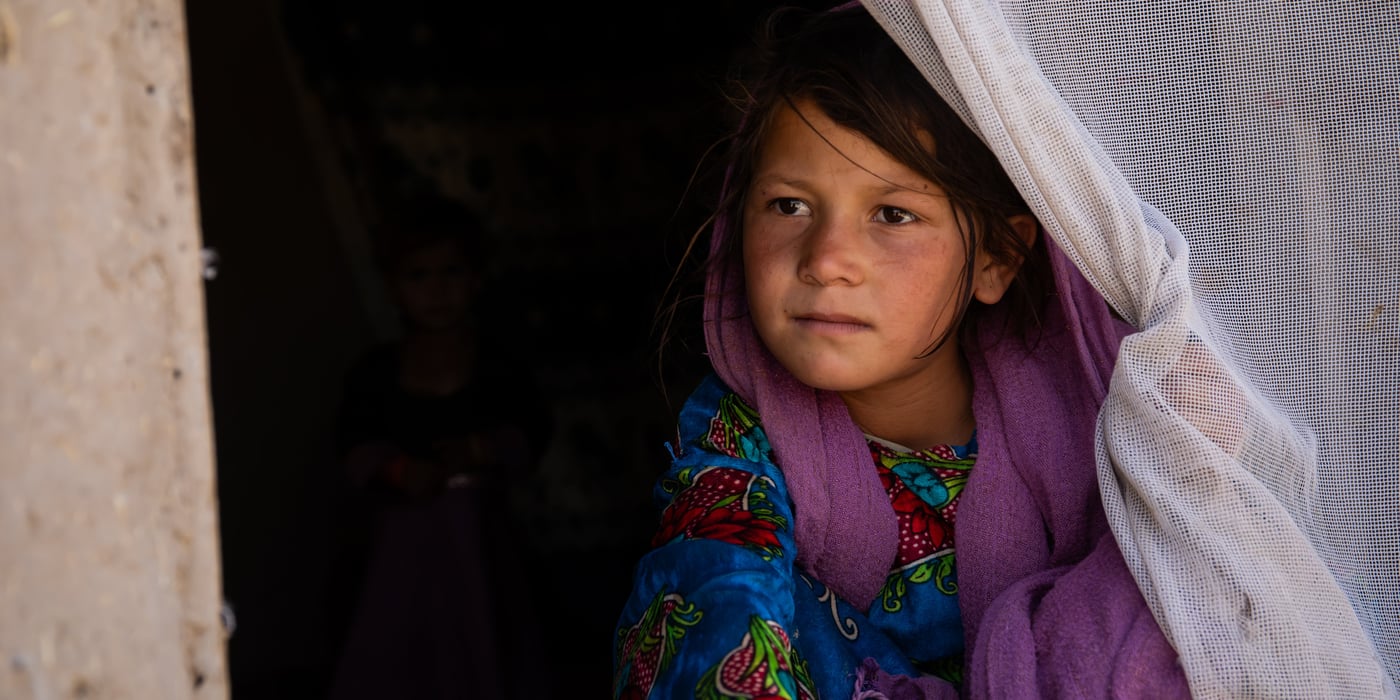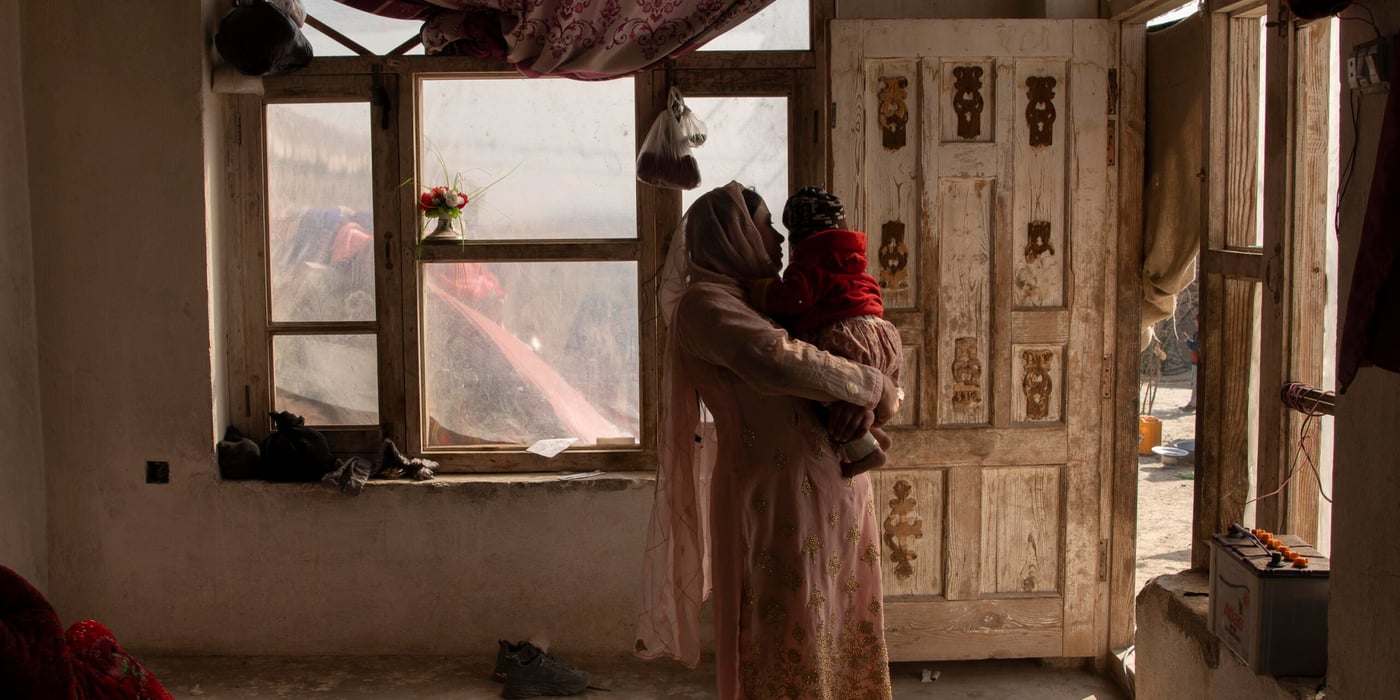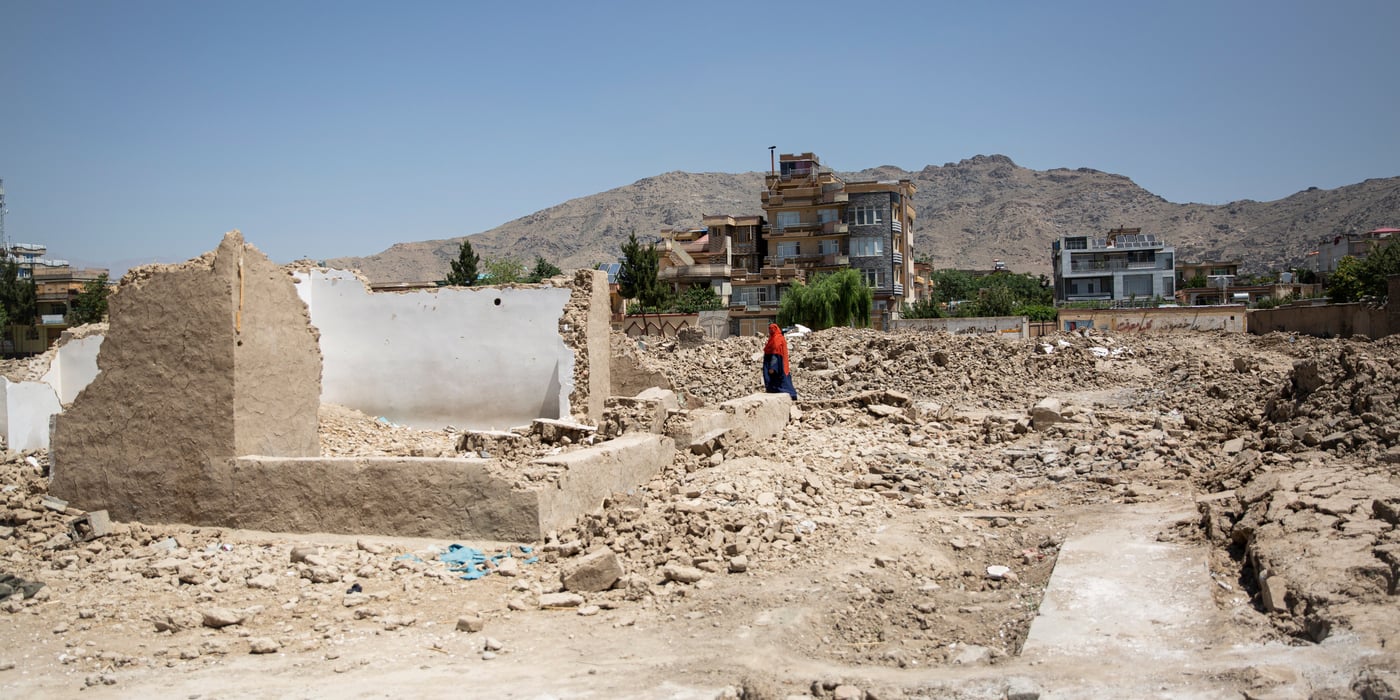
“Families fleeing firefights are now left huddled in the cold, many of them separated,” said Roberto Vila-Sexto, Country Director of the Norwegian Refugee Council (NRC) in Afghanistan. "They left everything behind when they fled. We are working on keeping them safe, warm and fed, bearing in mind the harsh winter conditions in the north and the current access constraints caused by insecurity.”
Mullah Gul Aqa, 43, who took his injured son, Rohullah, 17, to Balkh public hospital, told the NRC emergency team in Balkh province: “The Taliban seized control of the village yesterday afternoon when I left for the mosque. My daughter ran over to tell me that my son Rohullah was hit by a bullet in his back. I took him to a provincial hospital many miles away, but we have no money left now, no more money to take my family to a safer place in Sar-e-pul or Jawzjan. They are still in the area and I’m very worried about their lives.”
Many families who have fled their homes out of fear are now finding refuge together in crammed conditions. Mohammad Hassan Rahjo, 52, and seven other families fled from Tebar into Sar-e-pul centre. Eight families of almost 50 people are now living in a three-room house in the district centre. “If we did not leave, we would have been killed in the village. We fled to save our lives,” he said, now in Sar-e-pul city.
Mawlavi Naqibullah, 46, who fled from Tebar village, told the NRC emergency team in Sar-e-pul city: “The Taliban came to the village yesterday afternoon. I had sent my daughters and wife to a safer place in Tebar to distant family while I stayed behind to guard the home and animals. After a relative was killed later in the afternoon, I said to myself that there is nothing as important as our lives. I left home and everything behind and got out of the house around five in the morning, taking my family and two other families with no male members in the city with me.”
“NRC is currently conducting a rapid assessment and will respond in the next few days to make sure that people can survive the next few months,” said William Carter, NRC's Head of Programme. “However, our capacity to respond to these emergencies is now fully exhausted, as the scale of Afghans fleeing their homes due to conflict this year has been overwhelming. The current funding is now going ‘into the red’ in our accounts and we continue to face serious access constraints to areas where most of those in need are displaced as there are ongoing clashes.”




